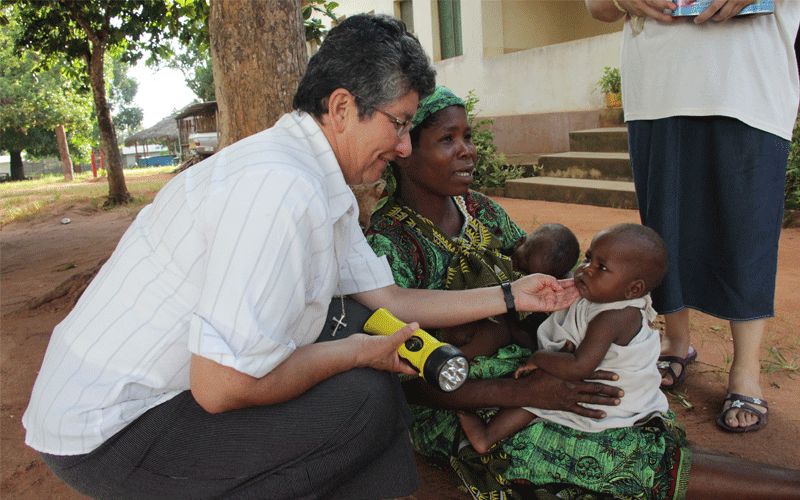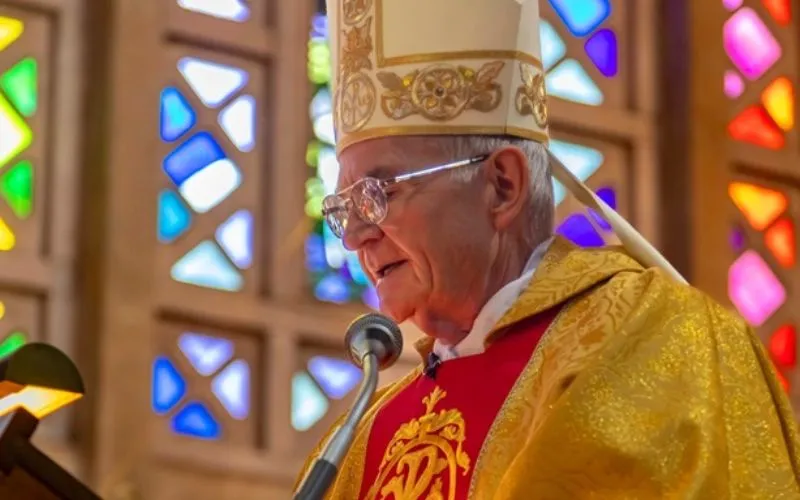Additionally, many people died in the attack, according to the Catholic nun who said that the number of those who lost their lives has not been ascertained.
Sister Blanca says in her Facebook post that she and the other Carmelite Sisters who have been in Macomia for 16 years on their Education apostolate, aware of the danger they were in, had abandoned their central mission station, which includes a school and boarding house, just a few days before the attack.
Earlier this month, the Sisters decided to return to Macomia to assess the extent of the damage done by the terrorists, in oblivion of the danger that still hovered around.
“Even though the risks haven't completely passed, today (June 4) we decided to go visit, encourage and help at least our workers and their families,” the nun said, and added, “For security concerns, we had to return today to the other mission where we are refugees.”
Violence has been on a steady rise in Cabo Delgado for nearly five years, with experts terming the area the “latest Islamic State hotspot.”
According to a report, fighting in the region of Cabo Delgado started in October 2017 when an Islamist armed group known locally as Al-Sunna wa Jama’a (ASWJ) attacked a police station in Mocimboa da Praia district. Since then, the group has reportedly carried out more than 350 attacks, killing over 600 people and leaving thousands displaced.
International media have reported that the terrorist group, which has in the recent past launched large-scale, sophisticated military assaults in the area “has spent the past two years operating in the shadows, attacking remote villages across the province, ambushing army patrols on isolated roads, instilling terror in many rural communities, forcing perhaps 200,000 people to flee from their homes.”
Though rarely giving any indication about their motives or demands, the attacks “may have something to do with the discovery of rich submarine deposits of natural gas just off the coast of the province,” the leadership of ACN International attempts to explain.
“The operations of the terrorists have intensified since the beginning of this year, and they are sowing terror among the population, burning towns and villages and attacking civilians on the roads or those travelling by public transport,” the leadership of the Pontifical foundation that focuses on supporting local churches has reported.
In 2015, a delegation from ACN International visited the Carmelite Sisters in Macomia and also funded a vehicle for their pastoral work.








